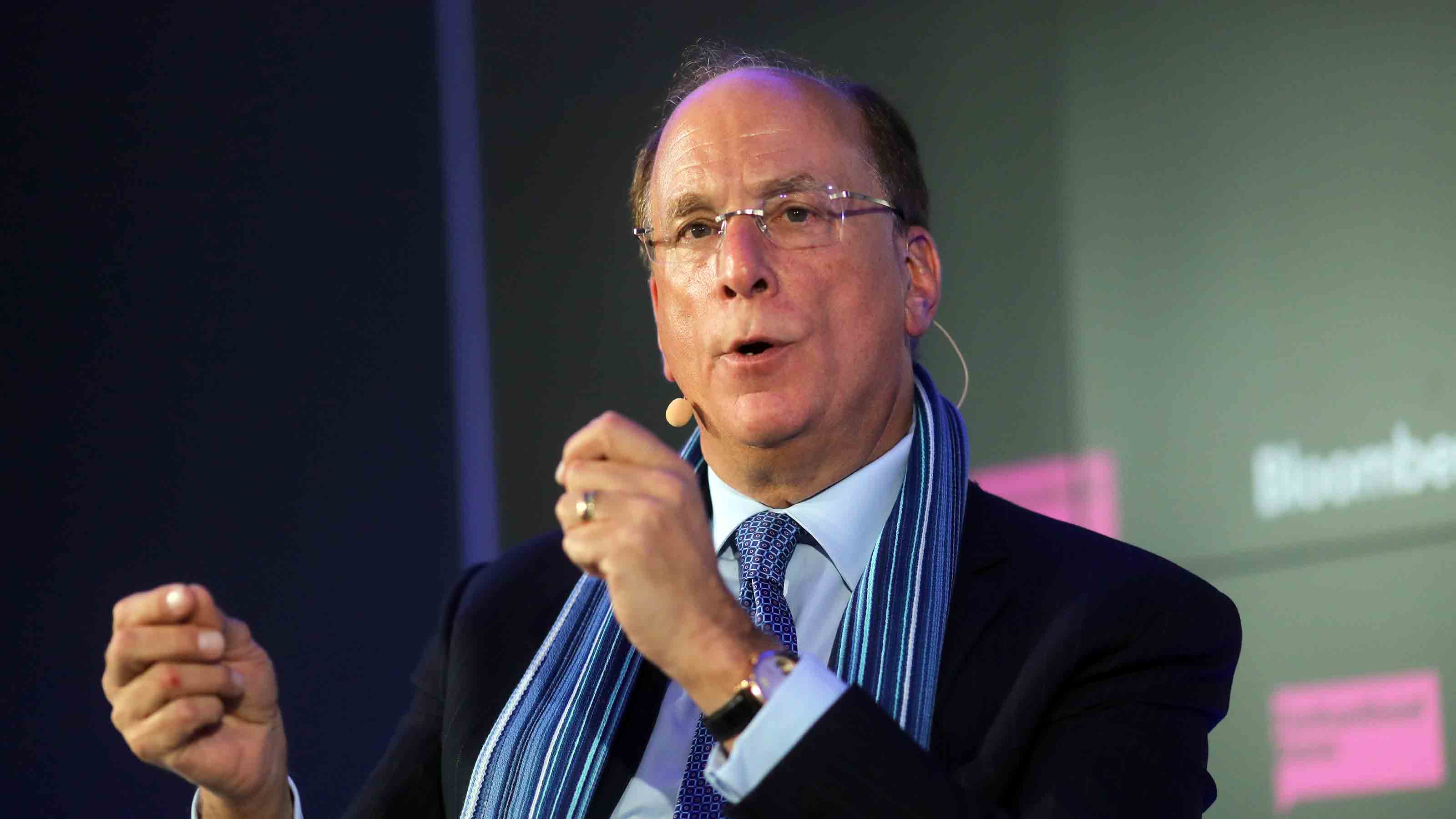
In a recent letter to BlackRock investors, CEO and billionaire Larry Fink said it’s “crazy” that 65 is still considered the normal retirement age. He explained that the challenges facing Social Security and the fact that so many Americans are behind in saving for retirement are crushing the system.
“I do think it's a bit crazy that our anchor idea for the right retirement age — 65 years old — originates from the time of the Ottoman Empire," wrote Fink, who is a boomer himself at age 71.
In the letter to investors, Fink stated that the older generation of baby boomers has not done enough to support the younger generations and that millennials and Gen Z generations are "economically anxious" because boomers have prioritized their financial security above the interests of the next generations.
Fink doesn’t mince words when he says that baby boomers play a crucial role in this crisis. "They believe my generation — the baby boomers — have focused on their own financial well-being to the detriment of who comes next. And in the case of retirement, they're right."
Yet almost 50% of Gen Zers expect to retire early before age 60. That compares to 62.8 years for Millennials, according to a survey by Goldman Sachs. Gen Xers are beginning to enter retirement earlier than expected, primarily due to health or family care, while boomers are retiring later than prior retirees, with most targeting between age 65 and 69 (versus 60-64).
Rethinking retirement age
Although you can begin filing for Social Security retirement benefits as early as 62, many still consider 65 the ideal retirement age. However, waiting until your Social Security full retirement age (FRA) is typically the best option, as that is when you are eligible for your full benefit amount. Still, experts like Fink suggest that it might be time to reevaluate the FRA or explore ways to encourage individuals to delay retirement to ensure the system's long-term stability.
Such a change would diminish a retiree's total benefits. A paper released in 2024 by the National Committee to Preserve Social Security and Medicare said that raising the full retirement age — as Fink has proposed — would “significantly cut benefits for anyone retiring before their new full retirement age.” For example, if the FRA were changed to age 70, workers claiming Social Security at age 62 would have their benefits reduced by nearly half.
To Fink's point, however, the current retirement age, established in the early 20th century, no longer fits modern realities. Back then, many people didn’t live long enough to see their retirement benefits. Today, people are simply living longer, which Fink calls “a wonderful thing.” But as Social Security wasn’t designed for decades-long benefits, this longevity is now straining the system.
Raising the Social Security retirement age may be a foregone conclusion if nothing is done to fix it. Fink argues that working beyond 65 could help individuals save more, grow their Social Security benefits and ease the strain on the system.
"As a nation, we should do everything we can to make retirement investing more automatic for workers," he wrote, adding that employers need to step up to make retirement plans, like 401(k)s, more attractive and accessible to younger employees.”
At the same time, Fink recognizes that working longer isn't possible for everyone. Americans may be forced to retire earlier due to job loss, health issues, and age discrimination. He warns that if the retirement crisis isn't addressed, it will erode the country's financial security and the collective faith Americans have in its future. "We risk becoming a country where people keep their money under the mattress and their dreams bottled up in their bedroom," Fink adds.
The ideal retirement age
Whether you agree with Fink or not, the current approach to retirement could use some retooling. The double whammy of Social Security's uncertain future and many Americans' low retirement savings rate mean the math will not add up for future generations. Still, raising the retirement age may have unintended consequences, such as increasing the demand for disability payments.







